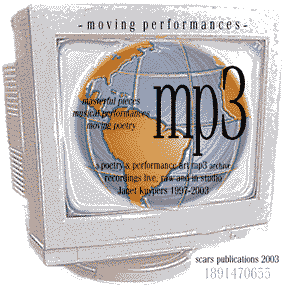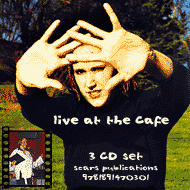farmer
And just north of his corn field
there is a college, the university
has bought up the property
right to the edge of his land. And
at that university there is a man
studying plant biology, he wants to
do research in food genetics, create
the perfect ear of corn. And the farmer
knows this.
All he wanted
was to be able to make a
living, maybe save up enough
so his kid could walk over to campus
every morning, maybe meet some new
kids. The government assistance has
run out, the state wants to push the
school south an extra mile, put up
a research lab, another dormitory. The
drought has done nothing good for his
field anyway. And the doctors say the
lump under his shoulder is from the sun.
All of these years
he would wake up early Sundays
to work, and he would find tire tracks
from souped up cars digging in his
property edge. Kids leaving beer cans,
junk food wrappers, condoms. And he
would pick up what he could.
In the upcoming years, would his
little boy do this to someone else?
And this was his labor:
he had sewn the seeds; the plants
running, hurdling the rolling hills,
sprinters uniform in a marathon.
And all the way to the street at the
edge of his property, the green sign
reading “1800 S”, all the way to the
end is his life, his little earth,
in straight rows, like the peas
on his son’s plate when he plays
with his food. And now the rows of
corn are less straight, as if in recent
years he didn’t care. This year it’s the
worst yet, he didn’t bother with the
right chemicals, and there are weeds
in between the rows. The grass next to
his house is almost up to his waist.
And he’s awake now, it’s four
in the morning, and he’s wandering out
in it all, and he’s almost crazy. The grass
waves, almost staggers, like him. And he
thinks:
let the weeds grow.


Copyright Janet Kuypers.
All rights reserved. No material
may be reprinted without express permission.
|

![]()
![]()
![]()
![]()
![]()




![]()
![]()










